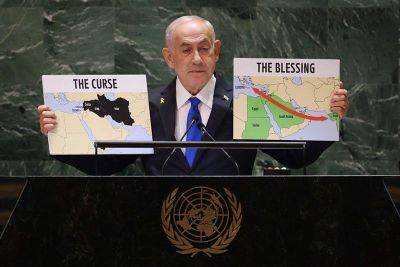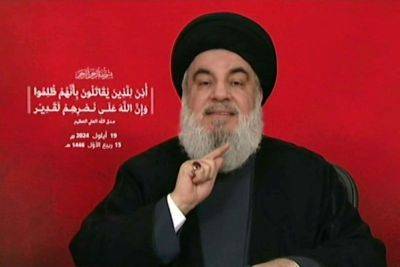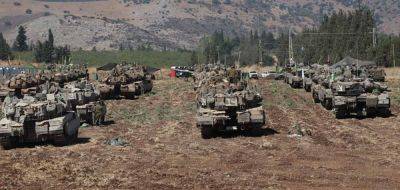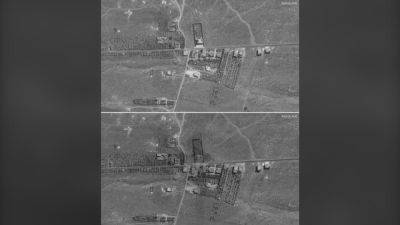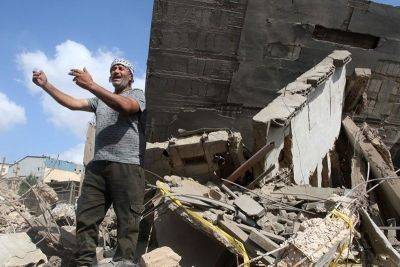Hezbollah's Nasrallah: Lebanon's most powerful man killed by Israel
BEIRUT, Lebanon — Slain Hezbollah chief Hassan Nasrallah, whose death was confirmed Saturday by his Iran-backed movement, wielded great power in Lebanon but led a life in hiding to avoid assassination by his group's arch-enemy, Israel.
Lebanon's most powerful man and the only one in the tiny Mediterranean country with the power to wage war, Nasrallah was killed aged 64 in a wave of Israeli strikes on Friday on Hezbollah's main bastion in south Beirut.
With Nasrallah's cult status among his Shiite Muslim supporters, the influence he had over Lebanon's institutions and Hezbollah's formidable arsenal, his death is bound to have ripple effects across the country and the wider region.
Nasrallah was rarely seen in public since his movement fought a devastating 2006 war with Israel.
In 2011, he showed up at a religious procession in Beirut's southern suburbs and briefly greeted supporters before addressing the crowd on video from an undisclosed location.
In a 2014 interview with Lebanon's pro-Hezbollah newspaper Al-Akhbar, Nasrallah said that "the Israelis are pushing the idea... that I live far from people, that I don't see them or communicate with them."
"The point of security measures is that movement be kept secret, but that doesn't stop me from moving around and seeing what is happening."
Very few people were believed to know where Nasrallah lived, and the vast majority of his speeches over the past two decades were pre-recorded before being broadcast from a secret location.
A gifted public speaker, Nasrallah was a master of cadence, swinging from humour to belittle his enemies to rage to fire up his 100,000-man militia.
The bearded, bespectacled cleric was never seen without traditional robes and the black turban that marked him out as a descendant of the Prophet Mohammed.
He was elected secretary-general of Hezbollah in 1992, aged just 32, after an Israeli helicopter gunship killed his predecessor, Abbas al-Musawi.
Hezbollah is the only group that refused to give up its weapons after Lebanon's 15-year civil war ended in 1990, and Nasrallah had insisted that Israel remains an existential threat.
Since Hezbollah's Palestinian ally Hamas attacked Israel on October


